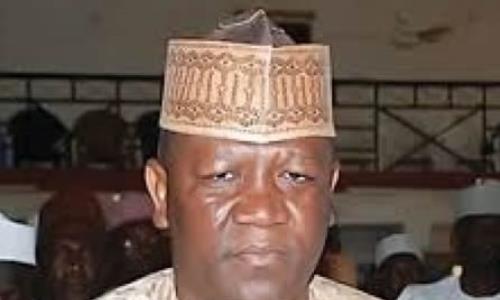Nigeria’s economy is facing unprecedented challenges, exacerbated by years of mismanagement and the global impact of COVID-19. As the country strives for economic recovery, Foreign Direct Investment (FDI) emerges as a critical catalyst for progress. However, despite efforts to attract FDI, Nigeria continues to grapple with poor signaling that undermines its appeal to global investors.
In the words of Kofi Annan, former UN Secretary-General, FDI can play a pivotal role in driving economic growth, job creation, and poverty reduction in developing nations. Recognizing this, the Nigerian government has embarked on a campaign to roll out the red carpet for global investors. This proactive stance, led by the President, seeks to position Nigeria as an attractive investment destination. Nevertheless, the efficacy of these efforts remains questionable, with a disconnect between economic rhetoric and tangible outcomes.
Reflecting on the insights of Narendra Modi, Prime Minister of India, FDI extends beyond mere capital inflow; it encompasses the creation of an environment conducive to innovation, entrepreneurship, and economic prosperity. Despite some commendable measures taken by the government, including tax reforms and overhauling the foreign exchange regime, Nigeria’s economic environment continues to emit contrasting signals that deter FDI.
The prevailing business environment in Nigeria has become increasingly inhospitable, leading to the exodus of foreign investments, particularly in the manufacturing and oil sectors. Factors such as a weakening foreign exchange regime, high inflation, and interest rates, as well as limited diversification beyond oil exports, have contributed to declining investor confidence. Furthermore, challenges pertaining to the rule of law, pervasive corruption, bureaucratic hurdles, and inadequate infrastructure have further eroded Nigeria’s attractiveness as an investment hub.
The combination of these challenges has created a narrative of poor signaling, overshadowing the government’s efforts to attract FDI. It is evident that substantial reforms in governance, infrastructure, and the business environment are imperative to improve Nigeria’s appeal to foreign investors.
Recognizing these imperatives, the Nigerian government has initiated efforts to promote economic reforms and enhance the investment climate. These ongoing endeavors, if sustained, have the potential to positively impact FDI and steer the nation towards a more favorable economic trajectory.
In the words of Ngozi Okonjo-Iweala, Director-General of the WTO, FDI represents more than just capital inflow; it entails knowledge transfer, technology sharing, and building sustainable partnerships. Therefore, Nigeria must explore avenues beyond capital flow and prioritize knowledge, technology, and skill transfer to drive sustainable economic development.
Arun Jaitley, former Indian Minister of Finance, aptly likens the flow of FDI to a river seeking the path of least resistance. Nigeria’s focus must be on building bridges, not barriers, to facilitate the free flow of capital, talent, and technology. By doing so, the country can harness the transformative potential of FDI and harness it to propel inclusive growth and development.
In conclusion, Nigeria’s quest for FDI requires a concerted effort to address the underlying systemic challenges and create an environment that signals openness for business. By doing so, Nigeria can awaken as a global economic powerhouse, attracting FDI organically and sustainably, without the need for theatrical overtures.



